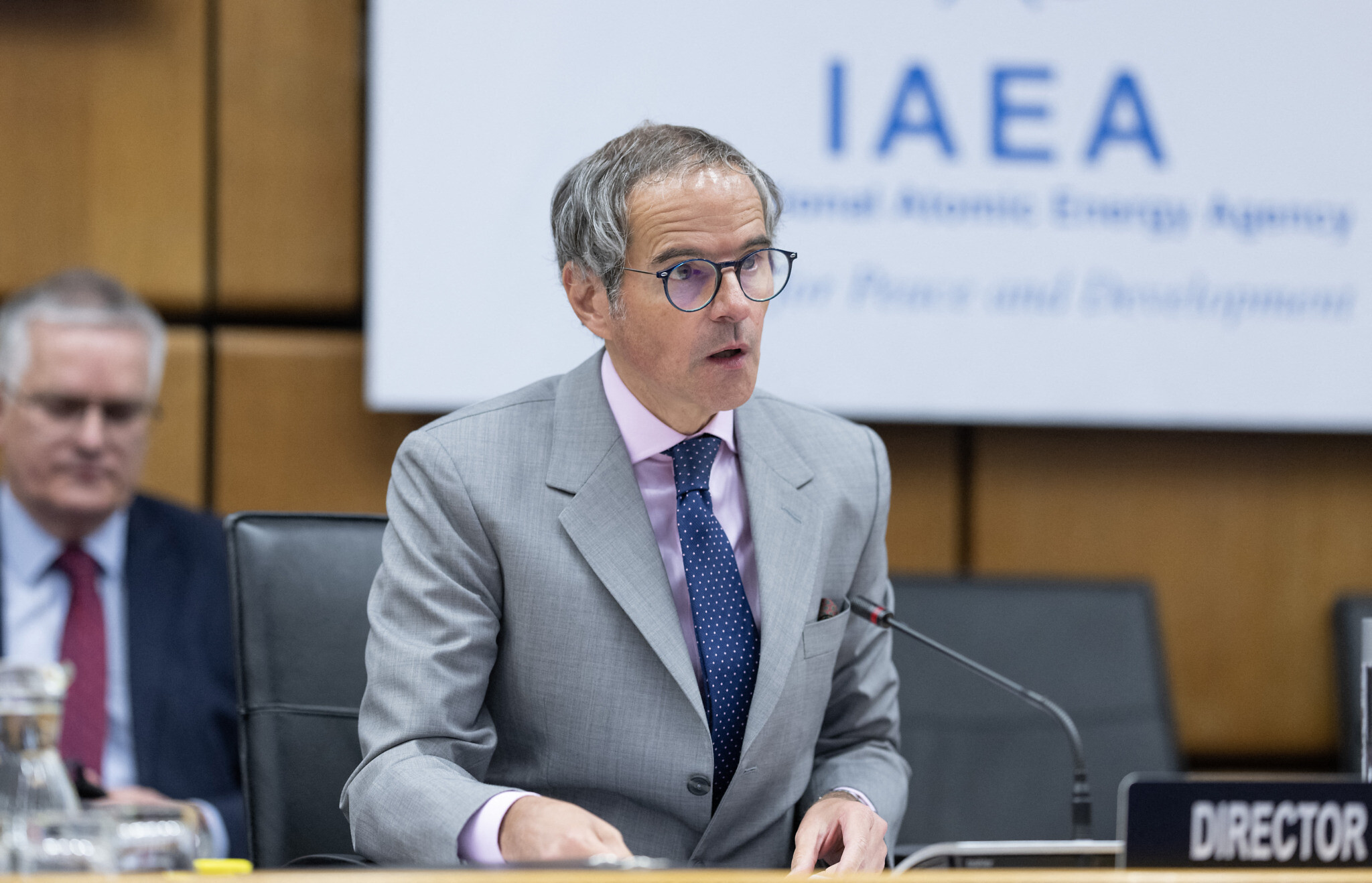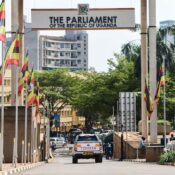
UN chief nuclear watchdog says he may go to Iran soon because Trump is coming back
Rafael Grossi, the head of the U.N.’s nuclear watchdog, said on Wednesday that he might go to Iran in the next few days to talk about the country’s disputed nuclear program and that he looked forward to working with Donald Trump, who is going to be president in the United States.
Grossi had said before the Nov. 5 vote in the U.S. that he wanted to go to Tehran to try to solve some long-standing problems that have been causing problems between Iran, the IAEA, and Western countries.
Our team is already talking to people in Iran about my next trip, which could happen in a few days. He told a news gathering in Rome after a nuclear energy event, “This will be done. We still need to confirm the time.”
Without admitting it, Iranian officials have said they are looking forward to Grossi’s visit and are willing to work with the IAEA to solve any problems that remain.
Tehran has kept uranium-enrichment experts from visiting IAEA inspection teams while they have been in the country, and the government has refused for years to explain uranium traces found at unapproved sites.
Iran has also increased its nuclear activities since 2019, when Trump, who was president at the time, brokered a deal with world powers in 2015 that limited enrichment. The West saw this as a covert attempt to make nuclear weapons, and the U.S. put harsh sanctions back on the Islamic Republic.
Up to 60% fissile purity uranium is now being enriched in Tehran. This is very close to the 90% purity needed for an atomic bomb. An IAEA standard says it has enough highly enriched uranium to make about four nuclear bombs if it is processed even more.
Iran has long claimed that it wants to make a nuclear bomb, saying that it is only enriching uranium for peaceful energy purposes.
It’s still not clear how Trump will deal with Iran during his second time in office. He said that he wanted Iran to be a “very successful country” but that it “can’t have nuclear weapons” at an election rally on Tuesday.
SANCTIONS FOR SNAPBACK
Before the U.S. election, there were signs that Tehran was ready to start talking again with the U.S. and the European countries that were part of the failed 2015 deal (Britain, France, and Germany). The goal is to get the U.S. to lift its sanctions on Iran.
But since Iran-backed Palestinian militant group Hamas attacked southern Israel on Oct. 7, 2023, starting the Gaza war, and since Tehran has sent more troops to support Russia’s war in Ukraine, the regional political situation has become less stable, making it harder to reach a diplomatic agreement.
There are fears of a bigger conflict in the Middle East because of Israel’s attack on Hezbollah in Lebanon, which is also backed by Iran, and the recent missile attacks between Israel and Iran. Some people are wondering if it would be in Tehran’s best interest to talk to a Trump administration that might be tougher.
Political leaders in Iran have played down the impact of the U.S. election on Tehran’s policies in public.
Their main worry, though, is that Trump might give Israeli Prime Minister Benjamin Netanyahu the power to attack Iranian nuclear sites, kill people, and bring back his “maximum pressure” policy by putting more sanctions on Iran’s oil industry.
In recent months, the European powers, also known as the “E3,” have tried to put more pressure on Iran, even though they don’t have much power, because they are worried that the next Trump government will need time to review Middle East policy.
That might not give them much time to make a plan of action together before October 2025, when U.N. Security Council Resolution 2231 ends. This resolution protected the nuclear deal and gave the big powers the power to bring back U.N. sanctions.
All Categories
Recent Posts
Tags
+13162306000
zoneyetu@yahoo.com



